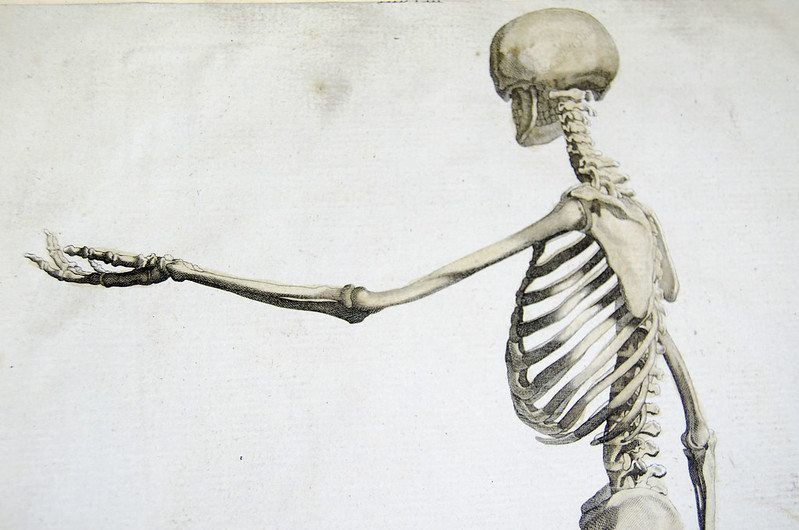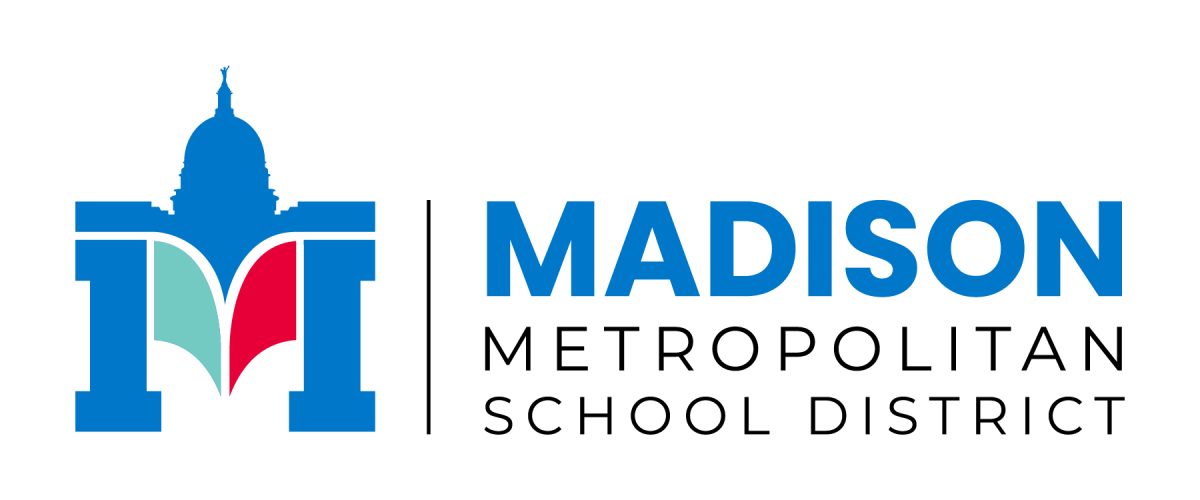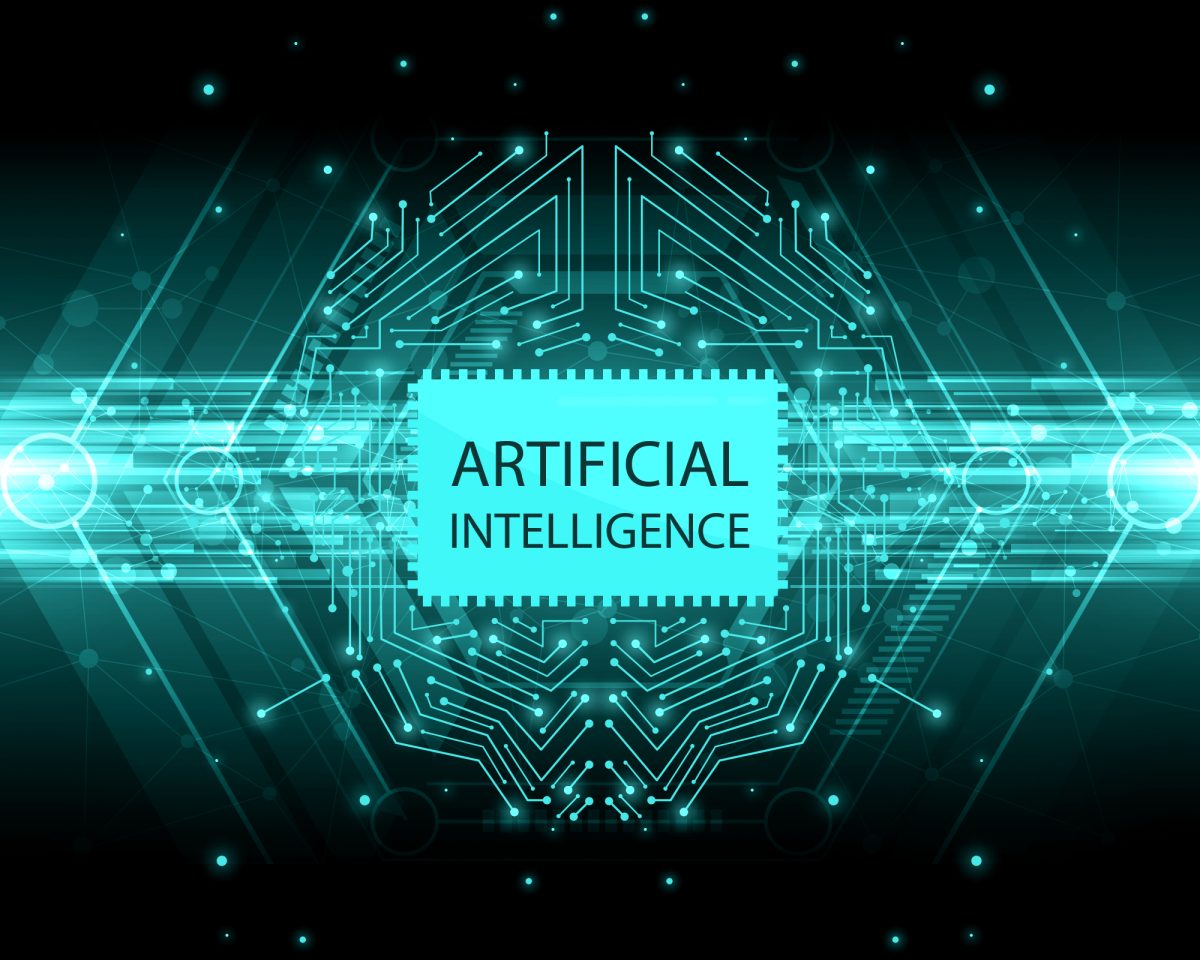DISCLAIMER: THIS ARTICLE IS SATIRE AND IS MEANT FOR ENTERTAINMENT PURPOSES ONLY.
From ChatGPT given the prompt: Write a newspaper article about the negatives of AI
Unveiling the Shadows: The Dark Side of Artificial Intelligence
In an age where technological advancements seem to know no bounds, the rise of Artificial Intelligence (AI) has undoubtedly been one of the most transformative developments of the century. From streamlining processes to revolutionizing industries, AI has promised a future brimming with efficiency and innovation. However, beneath the glossy surface lies a realm of shadows, where the negatives of AI lurk, casting doubt on its unchecked proliferation.
Job Displacement and Economic Disparity:
One of the most pressing concerns surrounding AI is its potential to displace human workers. As automation becomes increasingly sophisticated, jobs once performed by humans are being replaced by AI-driven systems and robots. While proponents argue that AI will create new employment opportunities, critics warn of a widening economic disparity, with low-skilled workers bearing the brunt of job loss. Moreover, the transition to an AI-driven economy may exacerbate existing inequalities, leaving marginalized communities further marginalized.
Ethical Quandaries and Bias:
The ethical implications of AI are another cause for alarm. As AI systems rely on vast datasets to make decisions, they are susceptible to inheriting biases present in the data. This can result in discriminatory outcomes, perpetuating social injustices and reinforcing existing prejudices. From biased hiring algorithms to racially discriminatory predictive policing systems, instances of AI perpetuating societal inequalities have sparked widespread concern and calls for greater transparency and accountability in AI development.
Privacy Erosion and Surveillance:
The proliferation of AI-powered surveillance technologies has raised significant privacy concerns. From facial recognition software to predictive analytics, these tools have the capacity to monitor and track individuals on an unprecedented scale. While proponents argue that such technologies enhance public safety and security, critics caution against the erosion of privacy rights and the potential for mass surveillance. The indiscriminate collection and analysis of personal data raise questions about consent, autonomy, and the fundamental right to privacy in the digital age.
Existential Threats and Autonomous Weapons:
Perhaps the most chilling aspect of AI is its potential to pose existential threats to humanity. The development of autonomous weapons systems, capable of making life-and-death decisions without human intervention, raises profound ethical and existential questions. Concerns about the unintended consequences of deploying such technologies in warfare have prompted calls for international regulation and ethical guidelines to ensure that AI is used responsibly and in accordance with human values.
Conclusion:
While the promise of AI is undoubtedly tantalizing, it is imperative to confront the shadows that lurk beneath its surface. From job displacement and economic disparity to ethical quandaries and existential threats, the negatives of AI demand careful consideration and proactive mitigation strategies. As we navigate the complexities of the AI revolution, it is essential to prioritize ethical principles, safeguard individual rights, and ensure that AI serves humanity’s best interests, rather than exacerbating its flaws. Only by addressing these challenges head-on can we harness the transformative potential of AI while mitigating its darker consequences.




















































